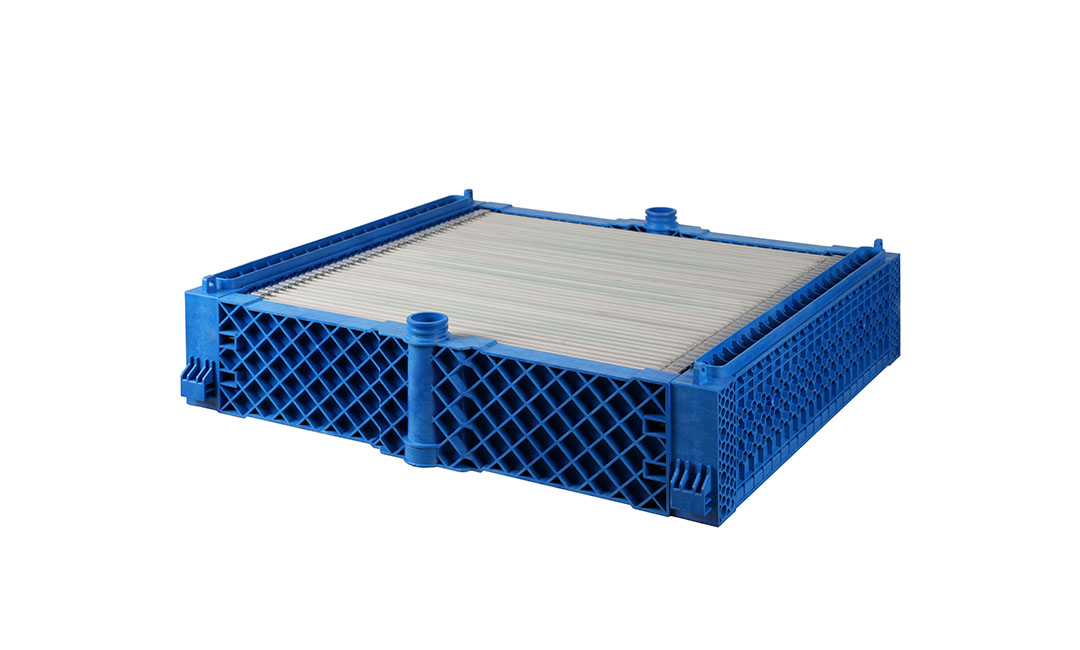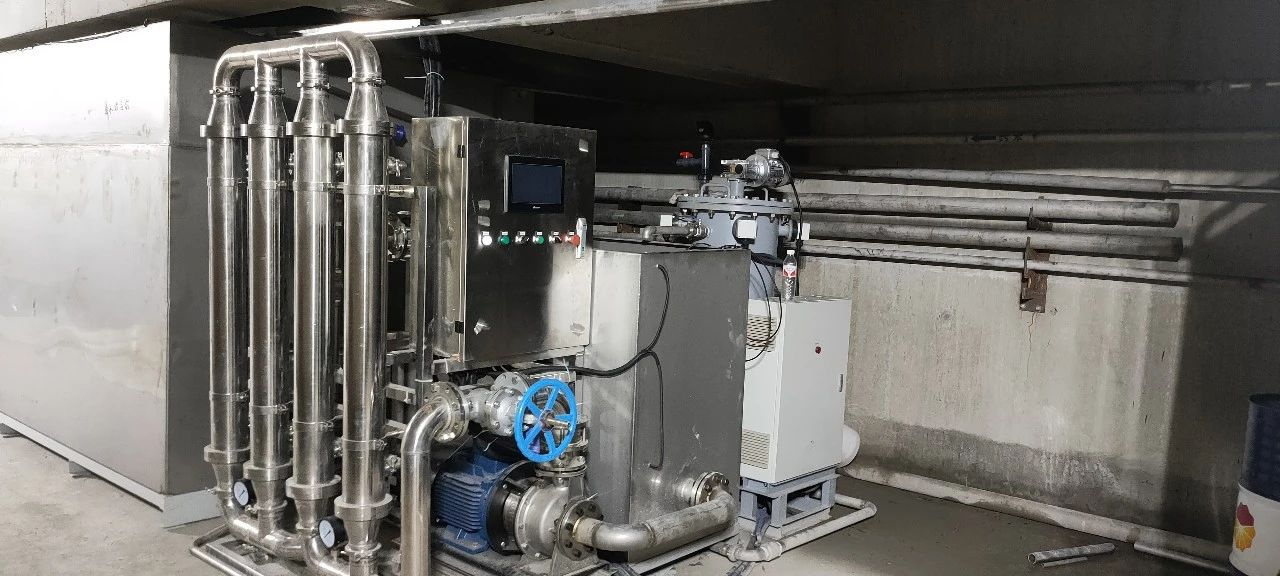Benefits of Using 200 Micron Nylon Mesh for Coarse Filtration
Coarse filtration is an essential process in many industries, including food and beverage, pharmaceuticals, and wastewater treatment. It involves removing large particles and debris from a liquid or gas stream before it undergoes further processing. One of the most common materials used for coarse filtration is nylon mesh, due to its durability, flexibility, and ability to capture particles of various sizes.
When it comes to coarse filtration, the size of the mesh plays a crucial role in determining the efficiency of the filtration process. A mesh with a larger opening size will allow larger particles to pass through, while a mesh with a smaller opening size will capture smaller particles. In many applications, a 200-micron nylon mesh is the perfect choice for coarse filtration.

One of the key benefits of using a 200-micron nylon mesh for coarse filtration is its versatility. This mesh size is ideal for capturing large particles such as dirt, debris, and sediment, while still allowing smaller particles and liquids to pass through. This makes it suitable for a wide range of applications, from filtering water in industrial processes to removing impurities from food and beverages.
Another advantage of using a 200-micron nylon mesh is its durability. Nylon is a strong and resilient material that can withstand high temperatures, chemicals, and mechanical stress. This means that the mesh can be used in harsh operating conditions without losing its effectiveness. Additionally, nylon mesh is easy to clean and maintain, making it a cost-effective option for coarse filtration.
In addition to its durability and versatility, a 200-micron nylon mesh offers excellent filtration efficiency. The small mesh openings are designed to capture particles as small as 200 microns, ensuring that the filtered liquid or gas is free from contaminants. This level of filtration is essential in industries where product quality and purity are paramount.
Furthermore, using a 200-micron nylon mesh for coarse filtration can help improve the overall efficiency of a process. By removing large particles at the initial stage of filtration, downstream equipment such as pumps, valves, and membranes are protected from damage and clogging. This not only reduces maintenance costs but also prolongs the lifespan of the equipment.
Overall, the benefits of using a 200-micron nylon mesh for coarse filtration are clear. Its versatility, durability, efficiency, and cost-effectiveness make it an excellent choice for a wide range of applications. Whether you are filtering water, chemicals, or food products, a 200-micron nylon mesh can help ensure that your process runs smoothly and efficiently.
In conclusion, coarse filtration is a critical step in many industrial processes, and using the right mesh size is essential for achieving optimal results. A 200-micron nylon mesh offers a perfect balance of particle capture, durability, and efficiency, making it an ideal choice for coarse filtration applications. Consider incorporating this versatile and reliable material into your filtration process to experience the benefits firsthand.
How to Choose the Right 200 Micron Nylon Mesh for Your Filtration Needs
When it comes to filtration, choosing the right mesh size is crucial to achieving optimal results. One popular option for coarse filtration is 200 micron nylon mesh. This type of mesh is commonly used in a variety of industries, including food and beverage, pharmaceutical, and water treatment. Its versatility and durability make it an excellent choice for a wide range of applications.
One of the key factors to consider when selecting a 200 micron nylon mesh is the material itself. Nylon is a synthetic polymer that is known for its strength and resistance to abrasion. This makes it an ideal material for filtration applications where durability is essential. Additionally, nylon is resistant to many chemicals, making it suitable for use in a variety of environments.
Another important consideration when choosing a 200 micron nylon mesh is the weave pattern. The weave pattern of the mesh determines the size and shape of the openings, which in turn affects the filtration efficiency. Common weave patterns for nylon mesh include plain weave, twill weave, and Dutch weave. Each weave pattern has its own unique characteristics and is suitable for different types of filtration applications.
In addition to material and weave pattern, the mesh size is also a critical factor to consider when selecting a 200 micron nylon mesh. The mesh size refers to the size of the openings in the mesh and is typically measured in microns. A 200 micron mesh has openings that are 200 microns in size, which is ideal for coarse filtration applications where larger particles need to be removed.
When choosing a 200 micron nylon mesh, it is important to consider the specific requirements of your filtration application. For example, if you are filtering large particles or debris, a coarser mesh size may be more suitable. On the other hand, if you are filtering smaller particles or contaminants, a finer mesh size may be necessary.
It is also important to consider the flow rate and pressure drop when selecting a 200 micron nylon mesh. The flow rate refers to the volume of fluid that can pass through the mesh per unit of time, while the pressure drop refers to the decrease in pressure across the mesh. These factors can impact the efficiency and effectiveness of the filtration process, so it is important to choose a mesh that can accommodate the desired flow rate and pressure drop.
In conclusion, 200 micron nylon mesh is an excellent choice for coarse filtration applications due to its durability, chemical resistance, and versatility. When selecting a 200 micron nylon mesh, it is important to consider factors such as material, weave pattern, mesh size, flow rate, and pressure drop to ensure optimal filtration performance. By choosing the right mesh for your specific filtration needs, you can achieve superior results and improve the overall efficiency of your filtration process.
Case Studies Highlighting the Effectiveness of Coarse Filtration with 200 Micron Nylon Mesh
Coarse filtration is an essential step in many industrial processes, helping to remove larger particles and debris before more fine filtration takes place. One of the most effective materials for coarse filtration is 200 micron nylon mesh, which offers a balance of durability and filtration efficiency. In this article, we will explore several case studies that highlight the effectiveness of using 200 micron nylon mesh for coarse filtration.
In the first case study, a manufacturing plant that produces plastic components for automotive applications was experiencing issues with clogged filters in their injection molding machines. The plant had been using traditional metal screens for coarse filtration, but these screens were prone to clogging and required frequent cleaning and replacement. After switching to 200 micron nylon mesh filters, the plant saw a significant reduction in filter clogging and maintenance costs. The nylon mesh was able to effectively capture larger particles and debris without impeding the flow of material through the machines, resulting in improved efficiency and reduced downtime.
In another case study, a food processing facility was struggling with contamination issues in their production line. The facility had been using paper filters for coarse filtration, but these filters were not effective at capturing all of the particles and debris present in the raw materials. By switching to 200 micron nylon mesh filters, the facility was able to achieve a higher level of filtration efficiency and reduce the risk of contamination in their products. The nylon mesh was able to capture a wider range of particle sizes, ensuring that only clean and pure materials made it through to the next stage of production.
A third case study involves a wastewater treatment plant that was looking to improve the quality of their effluent discharge. The plant had been using sand filters for coarse filtration, but these filters were not able to effectively remove all of the larger particles and debris present in the wastewater. By implementing 200 micron nylon mesh filters, the plant was able to achieve a higher level of filtration efficiency and improve the overall quality of their effluent discharge. The nylon mesh was able to capture a greater amount of particles and debris, resulting in cleaner and clearer water being discharged from the plant.

Overall, these case studies demonstrate the effectiveness of using 200 micron nylon mesh for coarse filtration in a variety of industrial applications. The durability and filtration efficiency of nylon mesh make it an ideal choice for capturing larger particles and debris, improving the overall quality and efficiency of industrial processes. By investing in high-quality nylon mesh filters, businesses can reduce maintenance costs, improve product quality, and ensure compliance with regulatory standards. Whether in manufacturing, food processing, or wastewater treatment, 200 micron nylon mesh is a versatile and reliable solution for coarse filtration needs.

